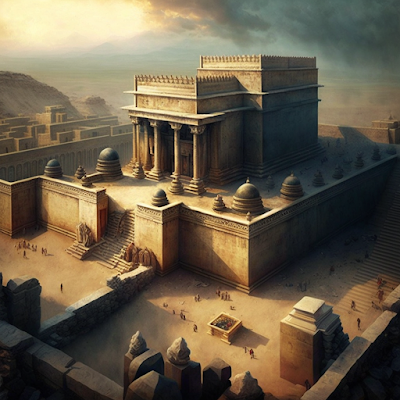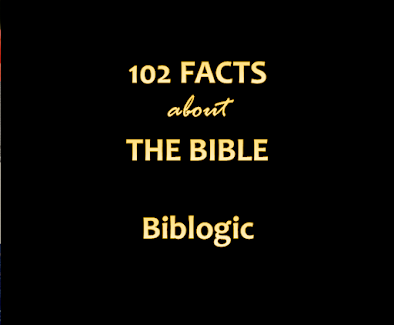Theodosius I
Theodosius I was a Roman emperor who ruled from 379 to 395 AD. He was born in Spain in 346 AD and was the last emperor to rule over both the eastern and western parts of the Roman Empire.
Theodosius rose to power during a time of great turmoil in the Roman Empire. He inherited a divided empire and was faced with numerous challenges, including religious tensions between pagans and Christians, as well as military threats from invading barbarian tribes. Despite these challenges, Theodosius was able to consolidate his power and establish a stable rule.
One of the most significant actions of Theodosius' reign was his declaration of Christianity as the official state religion of the Roman Empire. This decision had far-reaching consequences, as it marked the end of paganism and the beginning of the dominance of Christianity in the western world. Theodosius also took steps to strengthen the unity of the empire by promoting a common culture and language, as well as by suppressing dissent and heresy.
Theodosius died in 395 AD, leaving behind a legacy of religious and cultural unity. He is remembered as a ruler who helped shape the future of the western world by establishing the dominance of Christianity and strengthening the unity of the Roman Empire. Despite his many accomplishments, Theodosius was also known for his ruthless tactics and intolerance of dissent, and his rule was characterized by religious and political repression. Nevertheless, his legacy remains significant, as he helped lay the foundation for the future development of western civilization.




Comments
Post a Comment